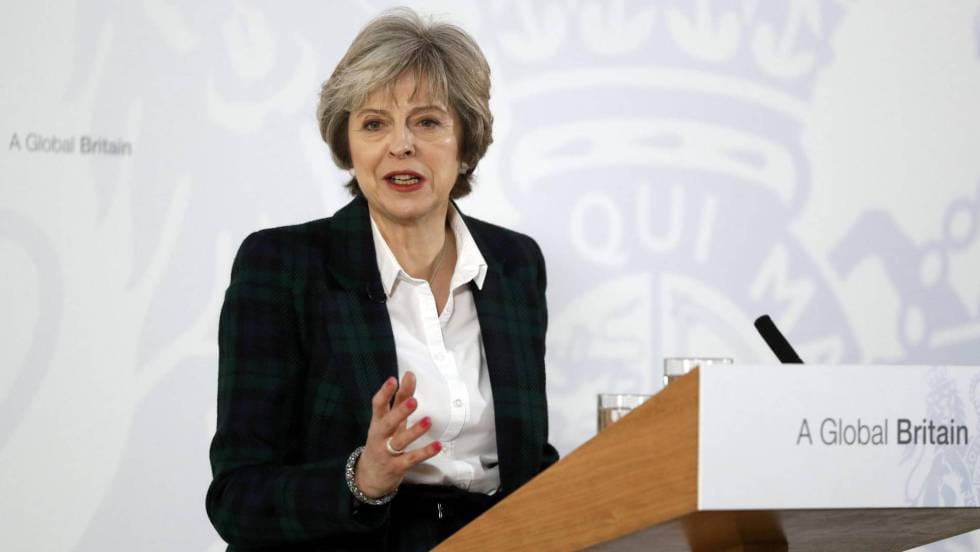
Theresa May just made Brussels an offer it cannot refuse
That was one virtuoso performance. In the most defiantly, irresistibly optimistic terms Mrs May made the leaders of the EU an offer they couldn’t refuse. Or at least, they couldn’t refuse it without looking like mindlessly vindictive, self-harming lunatics.
Who could say no to an offer so apparently rational, decent, and dedicated to the future success of the EU itself? Only crazy people, she implied – or a federation that was so terrified of the success that dropping out of membership might bring that it was prepared to damage its own future prosperity.
She made enough headlines – absolute rejection of membership of the single market, and the hope for a phased transition rather than a cliff-edge exit – to satisfy those who were demanding detail, but she maintained her sensible principle of refusing any “blow by blow” account of negotiations.
Her condemnation of the “punishment” talk from the EU was also pitch perfect. We are making our offer in terms of friendship, she said: the UK wishes the best possible outcome for both itself and the EU. It wants the most beneficial trade agreement for both sides. It will offer unstinted support on intelligence and defence for the security of all of Europe. The last thing that we want is to undermine the single market or cause the unravelling of the EU. So the bloodcurdling threats that are being uttered against us are pointless and damaging to what might have been a happy future relationship. Whether they believe it or not in Brussels, that will take some very skillful EU rhetoric to rebut.
At a glance | Theresa May’s 12-point Brexit plan
- Provide certainty about the process of leaving the EU
- Control of our own laws
- Strengthen the Union between the four nations of the United Kingdom
- Maintain the Common Travel Area with Ireland
- Brexit must mean control of the number of people who come to Britain from Europe
- Rights for EU nationals in Britain and British nationals in the EU
- Protect workers’ rights
- Free trade with European markets through a free trade agreement
- New trade agreements with other countries
- The best place for science and innovation
- Co-operation in the fight against crime and terrorism
- A smooth, orderly Brexit
The real news was, in fact, the tone: this was a statement of principle that contained serious argument. Perhaps the most important point was in the peroration. The Government’s position was a lesson in economic rationality. Trade is not a zero sum game. More trade means more prosperity for everyone. If we are forced out, then we can simply go away and make separate arrangements with old friends and new allies leaving the European states less prosperous and more bitterly disunited. And what’s more (as her Chancellor had already hinted), we can “change our economic model”.
That is to say, we can cut our business taxes and regulation costs low enough to make your eyes water and become a global magnet for inward investment. That was as close as she got to a threat: come on, if you think you’re hard enough; throw us out and just see what happens.
But mostly this was plea for sanity on all sides. The leaders of the EU, she thought, would not want to tell their own populations that they were going to be made poorer in order to punish Britain for wanting to maintain what she called its historical identity. Well, come up with an answer to that, Brussels. We can hardly wait.
Timeline | Key Brexit dates
January 2017: Supreme Court delivers ruling on whether Theresa May has the power to trigger Article 50 using a royal prerogative, rather than by an Act of Parliament
March 31, 2017: Deadline Mrs May has set for invoking Article 50 by notifying the European Council of Britain’s intention to leave the EU
September 30, 2018: Date by which EU’s chief Brexit negotiator, Michel Barnier, wants to wrap up terms of Britain’s exit from the Union
March 31, 2019: Date by which Theresa May wants to wrap up negotiations over Brexit
May 2019? Britain formally exits the EU, following ratification of Brexit by all other member states

